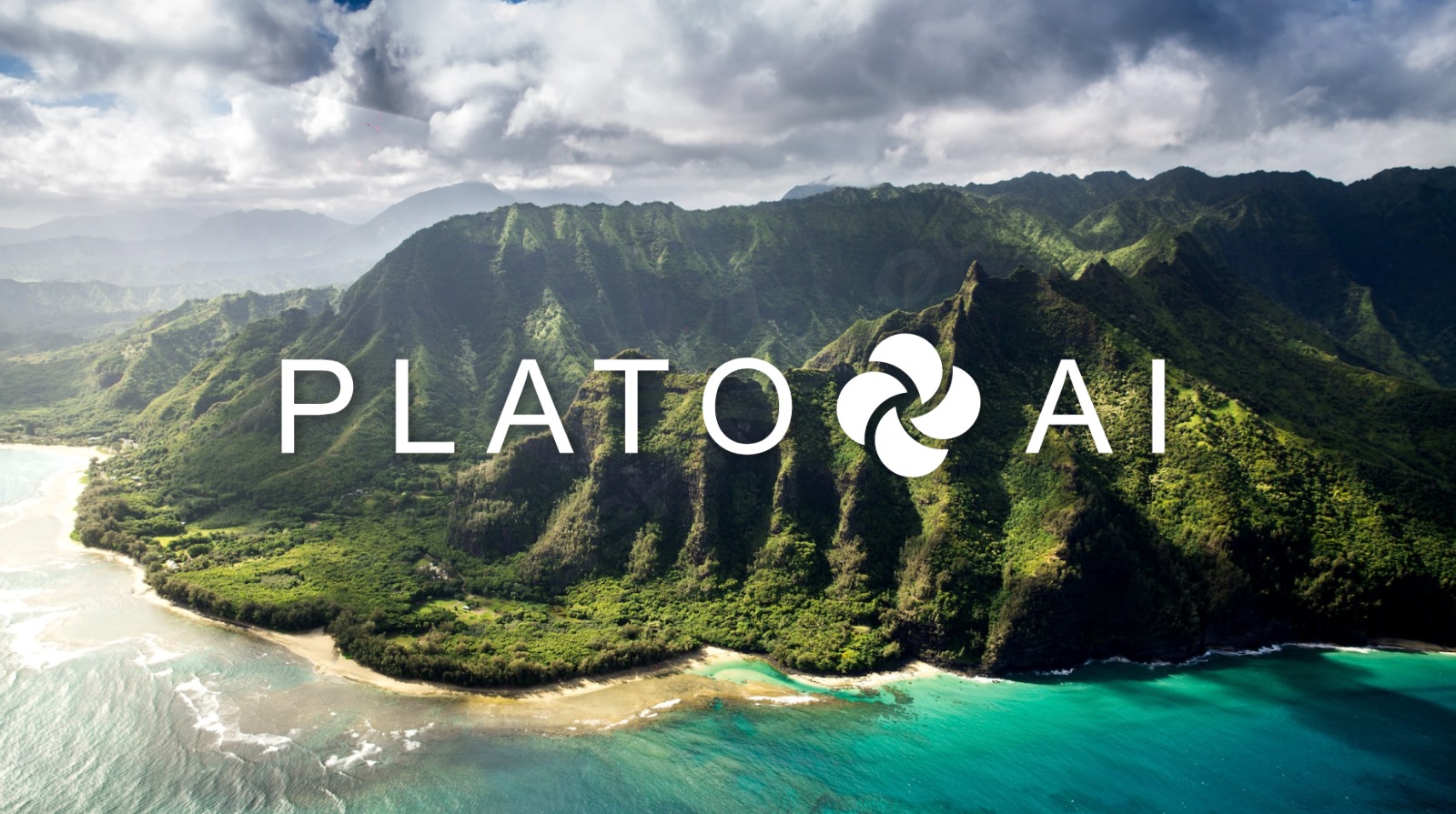Reefs are some of the most diverse and complex ecosystems on the planet, providing a home to a wide variety of marine species and supporting the livelihoods of millions of people around the world. However, these vital ecosystems are facing numerous challenges when it comes to adaptation and preservation due to their scale and complexity.
One of the main challenges facing reefs is the impact of climate change. Rising sea temperatures and ocean acidification are causing widespread coral bleaching, where corals expel the algae living in their tissues, turning them white and leaving them vulnerable to disease and death. This not only affects the corals themselves, but also the countless species that rely on them for food and shelter.
Another challenge is overfishing and destructive fishing practices. Reefs are often targeted by fishermen looking for a quick catch, leading to the depletion of key species and disrupting the delicate balance of the ecosystem. Dynamite fishing, cyanide poisoning, and bottom trawling are just some of the destructive practices that can have devastating effects on reef health.
Pollution is also a major threat to reefs. Runoff from agricultural fields, sewage discharge, and plastic waste can all contribute to the degradation of reef ecosystems. Chemical pollutants can disrupt the delicate balance of the reef, while plastic debris can smother corals and entangle marine life.
The sheer scale and complexity of reefs make it difficult to effectively manage and protect them. Reefs can span hundreds of kilometers and are made up of countless interconnected species, making it challenging to monitor and regulate human activities that may harm them. Additionally, the interconnected nature of reef ecosystems means that damage in one area can have far-reaching effects on other parts of the reef.
Despite these challenges, there are efforts being made to adapt and preserve reefs. Marine protected areas, where fishing and other activities are restricted, can help to conserve reef ecosystems and allow them to recover from damage. Sustainable fishing practices, such as using selective gear and implementing catch limits, can also help to reduce the impact of overfishing on reefs.
Innovative technologies, such as coral farming and artificial reef structures, are being used to help restore damaged reefs and promote their resilience in the face of climate change. Community-based conservation initiatives, where local communities are involved in the management of reef resources, have also shown promise in protecting reefs and ensuring their long-term sustainability.
In conclusion, the challenges facing reefs due to their scale and complexity are significant, but with concerted efforts from governments, scientists, and local communities, it is possible to adapt and preserve these vital ecosystems for future generations. By addressing issues such as climate change, overfishing, and pollution, we can help to ensure the health and resilience of reefs around the world.
- SEO Powered Content & PR Distribution. Get Amplified Today.
- PlatoData.Network Vertical Generative Ai. Empower Yourself. Access Here.
- PlatoAiStream. Web3 Intelligence. Knowledge Amplified. Access Here.
- PlatoESG. Carbon, CleanTech, Energy, Environment, Solar, Waste Management. Access Here.
- PlatoHealth. Biotech and Clinical Trials Intelligence. Access Here.
- Source: https://zephyrnet.com/sheer-scale-complexity-of-reefs-makes-adaptation-preservation-challenging-cleantechnica/

